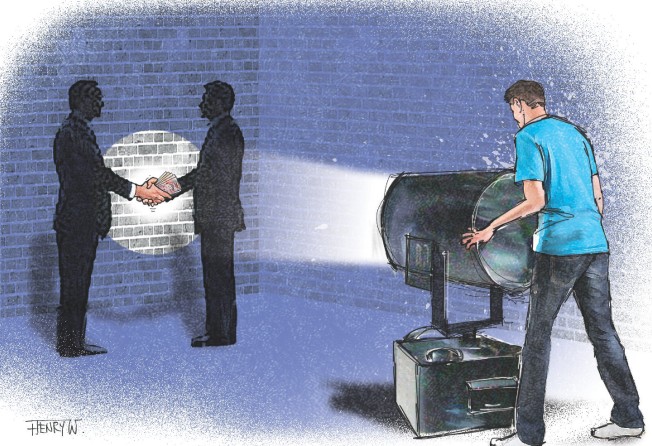Global index reflects China's efforts to bring corruption to light
Dan Hough says while China's position on a global ranking of corruption perception has fallen, it doesn't mean the problem has worsened, only that people are more aware of it

If there is one domestic policy that has epitomised Xi Jinping's time in office so thus far, it is his attempts to tackle corruption. His high-profile and wide-ranging campaign to bring graft under control has been followed closely around the world, as thousands of "flies" and, more surprisingly, some of the biggest of the "tigers" have found themselves in trouble.
Corruption campaigns come and go in China, and some have had much broader, political (and personal) aims that went beyond any apparent willingness to get rid of corrupt officials. However, in recent times, none have had either the breadth or the depth of this one.